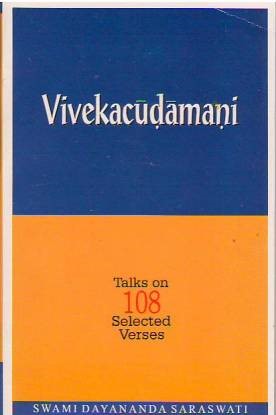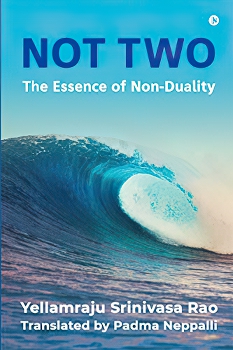Analysis and Interpretation
by Prof. Phillip Charles Lucas
<Read Part 8>
In the remainder of this article, I analyze and interpret the criticisms of NTMA teachers and teachings using theoretical frames drawn from the sociology of religions, history of North American religions, and ongoing scholarly conversations concerning adaptations and distortions that occur when Hindu traditions move from their homeland to the cultural matrices of North America.
On one level, the spread of Modern Advaita (both NTMA and TMA) gurus and organizations is simply a manifestation of the entrepreneurial spirit that long has characterized the North American religious landscape. In a sense these teachers are engaged in niche franchising of the Modern Advaita message. This is the case because most teachers active in North American Modern Advaita circles today spent time as disciples of one or another guru from either the TMA or NTMA orbits.
Continue reading



